报告摘要:
| Roughly speaking, a q-analogue of a theorem, identity or expression is a generalization involving a new parameter q that returns the original theorem, identity or expression by taking the limit as q approaches 1. The q-analogue is not unique. Finding a good q-analogue is an art. Typically, mathematicians are interested in q-analogues that arise naturally, rather than in arbitrarily contriving q-analogues of known results. The earliest q-analogue studied in detail is the basic hypergeometric series, which was introduced in the 19th century.
A q-partial differential equation is an equation containing unknown multivariable functions and their q-partial derivatives, which is a q-analogue of the ordinary partial differential equation. The q-partial differential equations is a completely new research topic, which reveal some surprising connections between several branches of mathematics such as q-series, number theory and analytic functions of several complex variables. In this talk, I will introduce some research results in the q-partial differential equations with applications.
|











